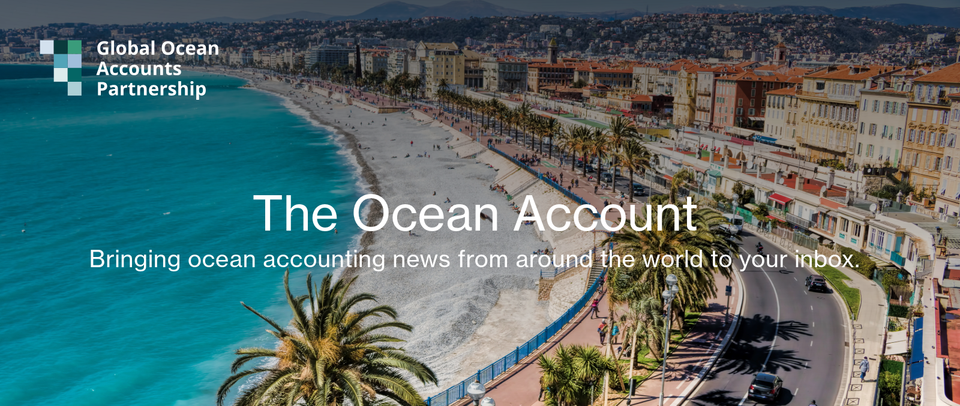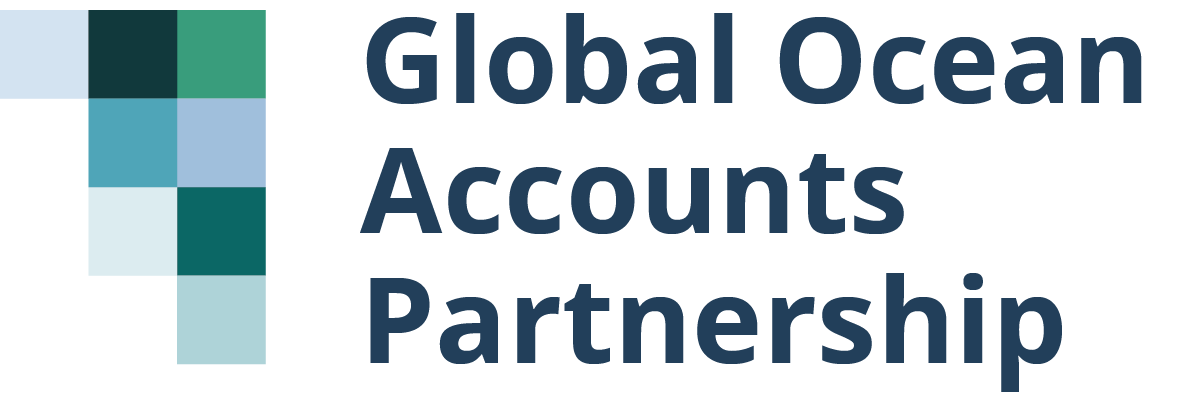Vol. 10 | May 2025

A note from GOAP's Co-Chairs
Dear GOAP friends and colleagues,
Welcome to 2025, a defining year for the ocean as we reach the halfway point for the Kunming Montreal Global Biodiversity Framework together with the Agenda for Sustainable Development Goals. The GOAP has had a busy start to the year, with members and partners working to elevate ocean accounts through key global events for the ocean. During workshops in Fiji, Indonesia, Viet Nam, Maldives, Sri Lanka, Costa Rica and Belize, countries outlined their national and regional priorities in the lead-up to the 3rd United Nations Ocean Conference (UNOC 3) June and resumed negotiations for the global plastic treaty in August.
In this edition of the newsletter, you will find an overview of these events as well as upcoming events in 2025 and new knowledge products from the global community of practice.
Over 100 global decision-makers, finance bodies and ocean accounting experts and practitioners met at the Ocean Accounts Exchange in Costa Rica (24-27 March) to design a strategy to advance ocean accounting in Costa Rica and globally by 2025. We commend the eight countries and one regional convention who formally signed The Joint Pledge to Advance Ocean Accounts by 2030 and others who shared their support of this endeavour. This voluntary commitment recognises ocean accounting as a transformative tool for guiding sustainable development, ensuring that marine ecosystems and economies are valued, measured, and managed effectively. The Pledge was advanced by Costa Rica, as co-chair of (UNOC 3), and supported by the GOAP.
Costa Rica will formally announce The Joint Pledge to Advance Ocean Accounts at UNOC 3. There are several opportunities to sign the Pledge before and during UNOC 3 and we kindly invite all interested institutions or governments to please contact the GOAP Secretariat at info@oceanaccounts.org for more information.
We celebrate the adoption of the Ha Long Consensus on Ocean Accounting for Sustainable Development in South and Southeast Asia in March 2025. The Consensus reflects a shared regional commitment to integrate ocean accounts into national decision-making, recognising the ocean’s vital role in supporting economic prosperity, social well-being, and ecological resilience. After the first regional workshop in March 2025, we look forward to following the momentum through regular regional meetings, technical training and capacity building activities, and policy dialogues.
New Expert Insights published this year include finance pieces on scaling finance for biodiversity and Marine Protected Areas (MPAs), ensuring gender equity in climate and biodiversity finance and deep dives into the importance of data to assess the reality of global recycling and progress towards “zero waste” goals.
Happy reading,
- Firdaus Agung, Directorate General for Marine Spatial Management, Ministry of Marine Affairs and Fisheries, Government of Indonesia
- César Viteri Mejia, Senior Economist, Charles Darwin Foundation
